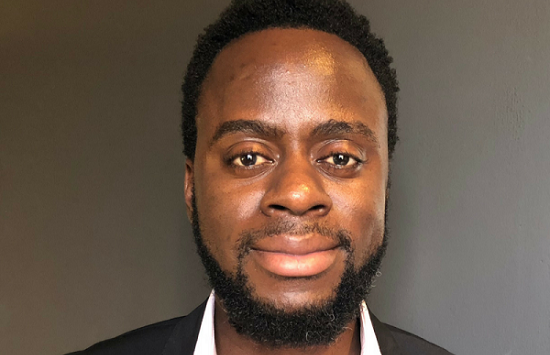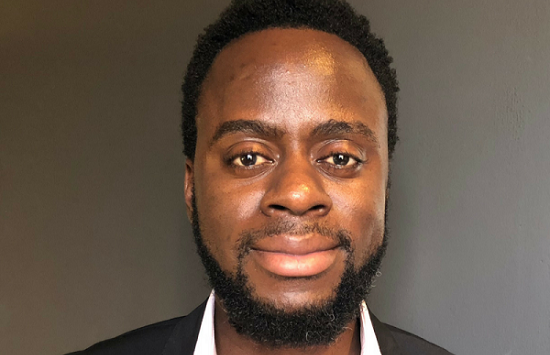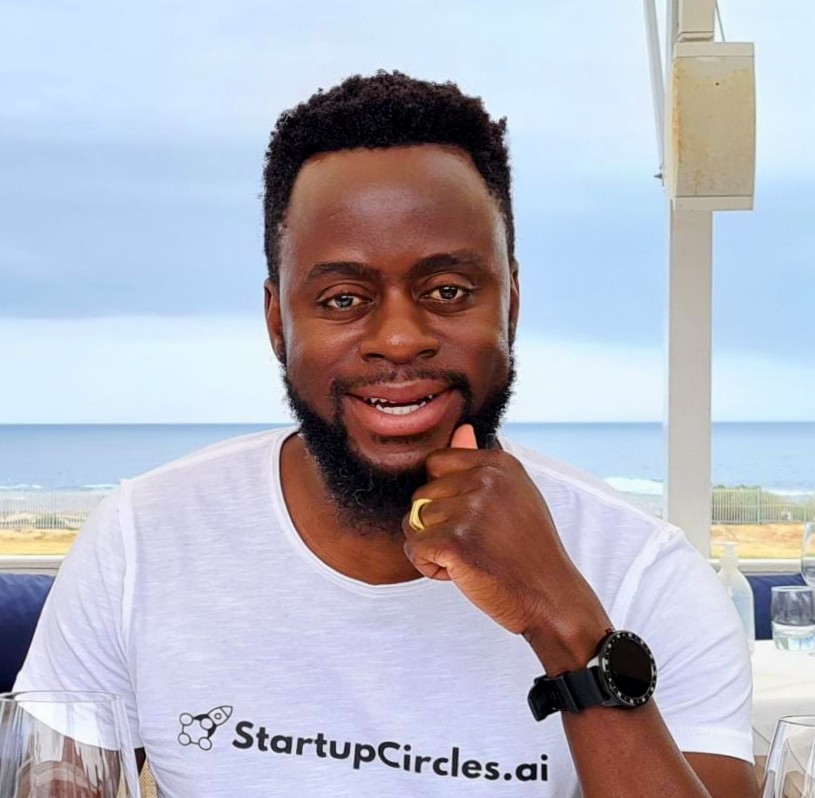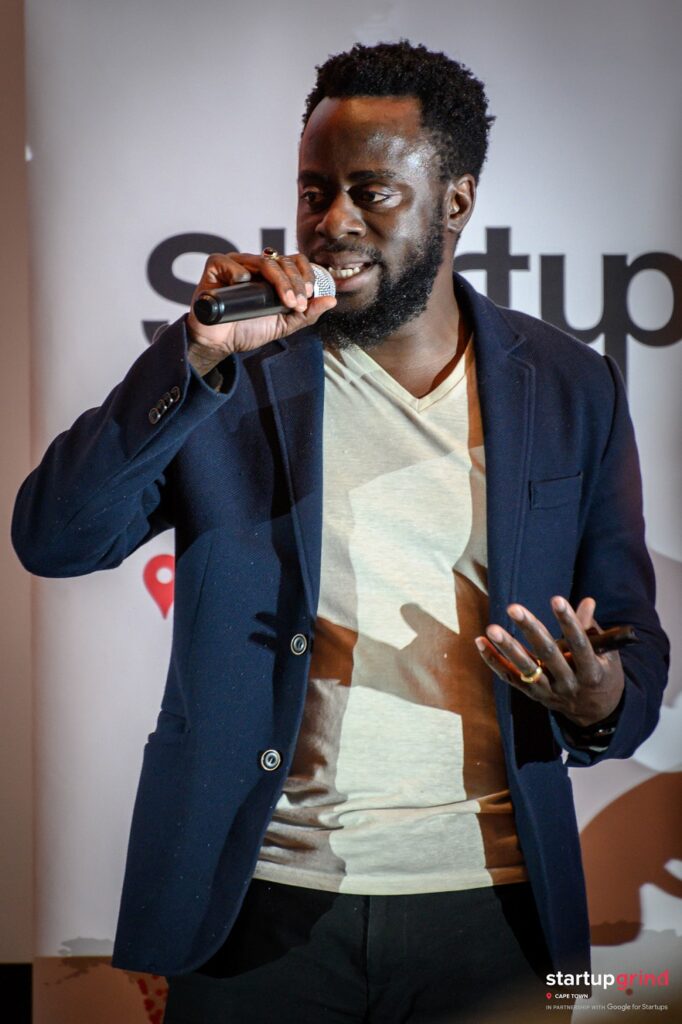Interview With CEO And Founder Of Pranary Business School, Sandras Phiri

Interview With CEO And Founder Of Pranary Business School, Sandras Phiri. Entrepreneurship is something that a lot of people believe can’t be taught due to how a lot of entrepreneurs have become successful without going through formal education. South African entrepreneur Sandras Phiri believes that entrepreneurship is something that can be taught but he also believes that it is being taught the wrong way. We recently interviewed Mr. Phiri about his entrepreneurship journey, his Pranary Business School startup and how entrepreneurship can be developed in South Africa. Check out the interview below.

1. What made you realise that you are passionate about entrepreneurship and the development of entrepreneurs?
I’ve been an entrepreneur pretty much all my life. I started out just trying to make ends meet to deciding that this was my chosen path and also where I wanted to make my contribution. I believe that education and entrepreneurship have the power to change people’s lives.
2. What problem did you want to solve when you were launching Pranary Business School?
The problem I solved with Pranary was to make entrepreneurship education practical. The way entrepreneurship is taught is flawed and it needs to be fixed. The way traditional business schools teach entrepreneurship is like teaching your child to ride a bicycle using text messages. It doesn’t work. So at Pranary, we offer practical education by actual entrepreneurs and investors, only practictioners. We’re ideal for the modern entrepreneur who is busy, already knowledgeable and just needs guidance as opposed to more information and theory. There is a lot of information out there and what is missing is guidance on what to do in your current situation and context.
3. How did the startup manage to assist entrepreneurs in growing their businesses since it was established?
We have had 60 startups go through our paid Startup Launch and Investor Readiness programme and we have helped 10% of the startups to raise over R20 million.
4. Please highlight why entrepreneurs should see Pranary Business School as an institution they should trust and participate in.
Pranary is a venture backed business school. It’s a practical business school for entrepreneurs by entrepreneurs. It’s hosted big names in the startup and business world including Steve Blank, the author of the Startup Owners’ Manual from Silicon Valley, Sriram Krishnan who helped grow Tinder and Spotify, Morongwa and Michelle Mukune the founders of Mo’s Crib, investors Sarah Dusek, Jacob Dusek and Lelemba Phiri. Mentors and educators at Pranary include founders like Simon Stockley founder of SA Home Loans, Ariel Sumeruk founder of Conversion Science, Evan Robinson founder of TaxTim.

5. How do you make sure that Pranary Business School provides relevant and helpful information that entrepreneurs can use to improve their businesses?
We only have founders and investors teaching and guiding in the programmes. That way we ensure that you only learn what is relevant. I went to business school and there was a big mismatch between what you learn in class and what happens in real life. After interviewing over 100 founders and investors it became apparent that we need to teach entrepreneurship differently. So we give entrepreneurs straight to the point just in time guidance. Instead of being like a map book, we’re like a GPS system.
6. With your vast experience as an expert in startups and revenue growth, what would be your tips and ways other entrepreneurs can use to grow their startups?
To grow their businesses entrepreneurs need to firstly decide their growth target. Secondly they need to seek people to help them create the high level strategy to achieve that and thirdly they need to assemble a team. Fourthly, they need to execute and fifthly, they need to have monthly accountability.
7. What kind of social impact are you hoping to achieve with Pranary Business School?
With Pranary we want to impact 1 million game changing entrepreneurs in Africa. We’re leading the game changers movement in Africa and hence we’re partnering with universities, co-working spaces, accelerators and incubators to add to the great work they are doing and help entrepreners to raise investment and grow. So far we have over 50,000 people consume our content and 10,000 in our community. We’re always looking for volunteers to lead chapters in cities and universities across the continent.
8. You managed to launch and grow Pranary Business School during the Covid 19 pandemic, what are some of the things you did in order for the business to thrive during this time?
We adapted immediately and offered everything online. We help networking events during the pandemic. We helped our community with more than just education but also networking during the last two years which were particularly challenging. We helped investors to meet entrepreneurs online during the pandemic and we helped entrepreneurs to meet investors.

9. How do you think entrepreneurs should navigate the business world moving forward, considering the huge disruption and change that was caused by the pandemic?
Moving forward entrepreneurs need to be able to adapt to changing times. The pandemic has accelerated online businesses and remote work. We can now hire people and work with remotely. We can also access expert guidance and resources without having to travel. The disruptions also present opportunities.
10. Please elaborate the benefits of entrepreneurs being able to acquire the skill of pitching to investors in a short period of time without using a business plan.
Startups should stop wasting their time writing business plans. They probably hire someone to write them and nobody reads them afterwards not even the founders themselves. Investors don’t read them. Entrepreneurs should create a pitch deck instead. Using a 10 slide pitch deck entrepreneurs can pitch their businesses to investors. Also when given a chance to pitch, being able to pitch in 3 minutes is super powerful in conveying your key benefits to investors. Investors are busy and are generally impatient as they receive too many pitches. Therefore, when you get a chance to pitch do so concisely and powerfully with a pitch deck. When you do you will get another meeting to give more details.
11. What should entrepreneurs prioritise when pitching to investors so that they can have a better chance of securing the funding?
Entrepreneurs should emphasize market size, margins and traction. They must show how their business scales. When talking about market size investors want to hear about market size that is in billions of dollars but you need to back up how you arrive at that. Your unit economics showing your gross profit margin or EBITDA goes a long way in getting investors interested in your offering. But most importantly in this is traction – how much have you achieved so far. Traction speaks louder than words. Just having an idea without doing anything won’t get you investors.

12. Since the Pranary Business School only began in 2021 and has been growing at a rapid rate, what are some of the goals that it seeks to achieve in the next 5 years?
In the next 5 years, Pranary would like to be the Y Combinator of Africa enabling startups and investors to meet and make investments. We will also be offering more practical courses for early stage startups. We would like to help founders to launch and fund raise fast and cost effectively. We would like to be well on our way of impacting a million game changers in Africa and helping hundreds of startups to fundraise. This year we’re setting up in Rwanda in order to reach the rest of Africa better. In addition to South Africa, we plan to host in person events in Rwanda, Kenya, Ethiopia, Zambia and Nigeria.





